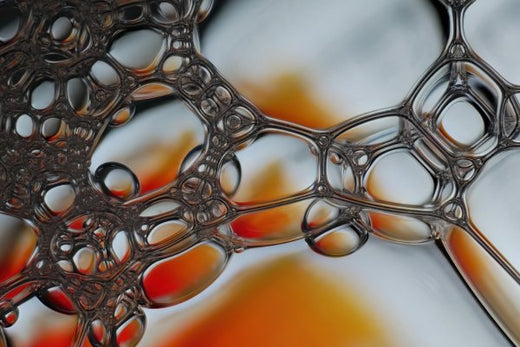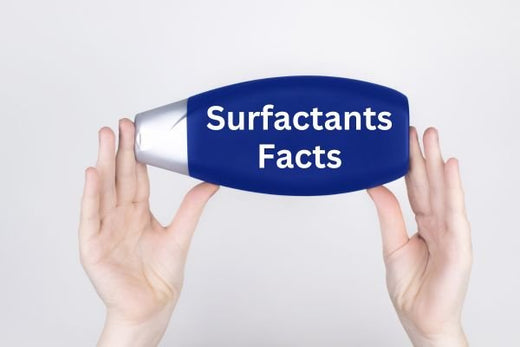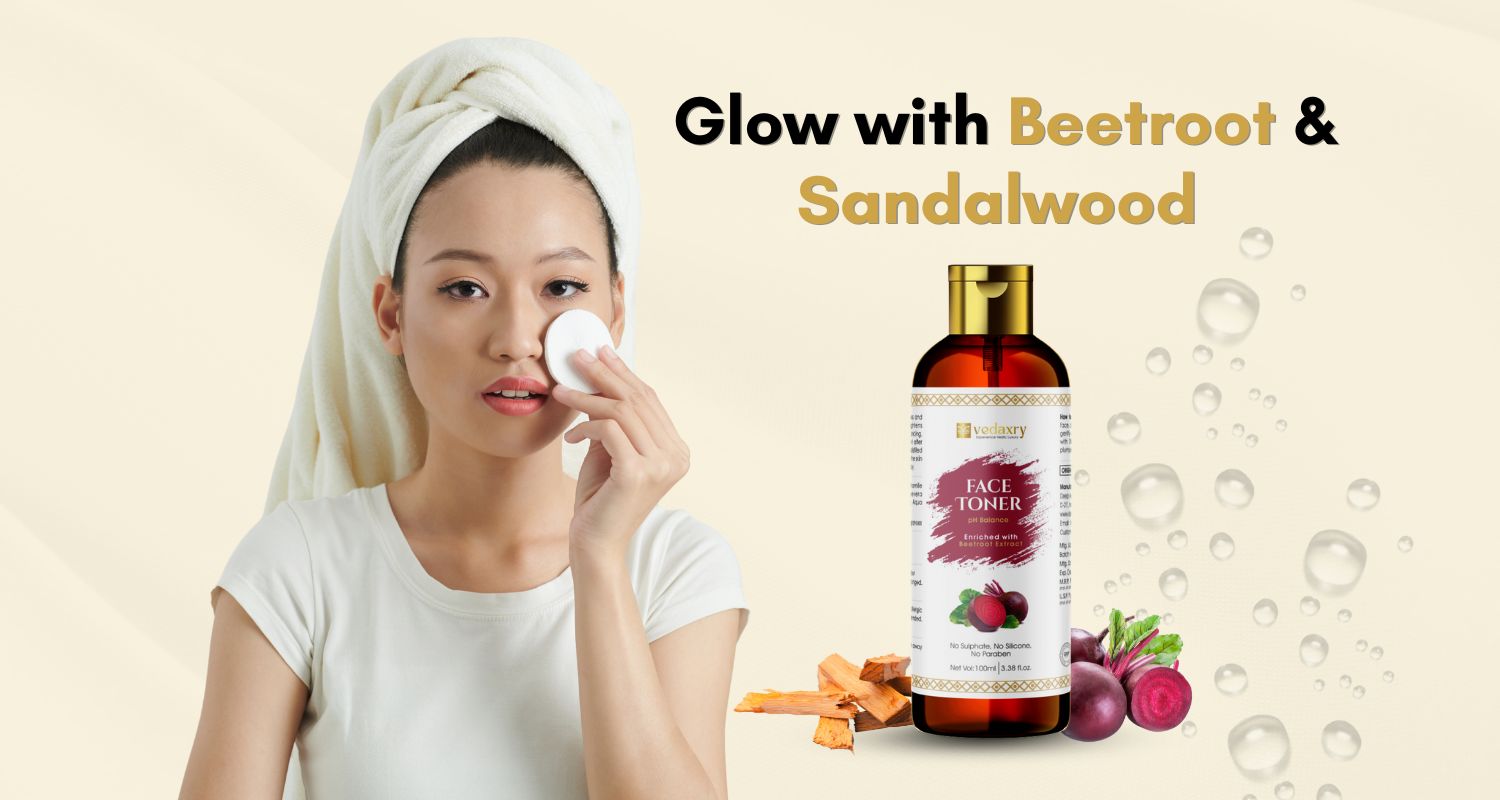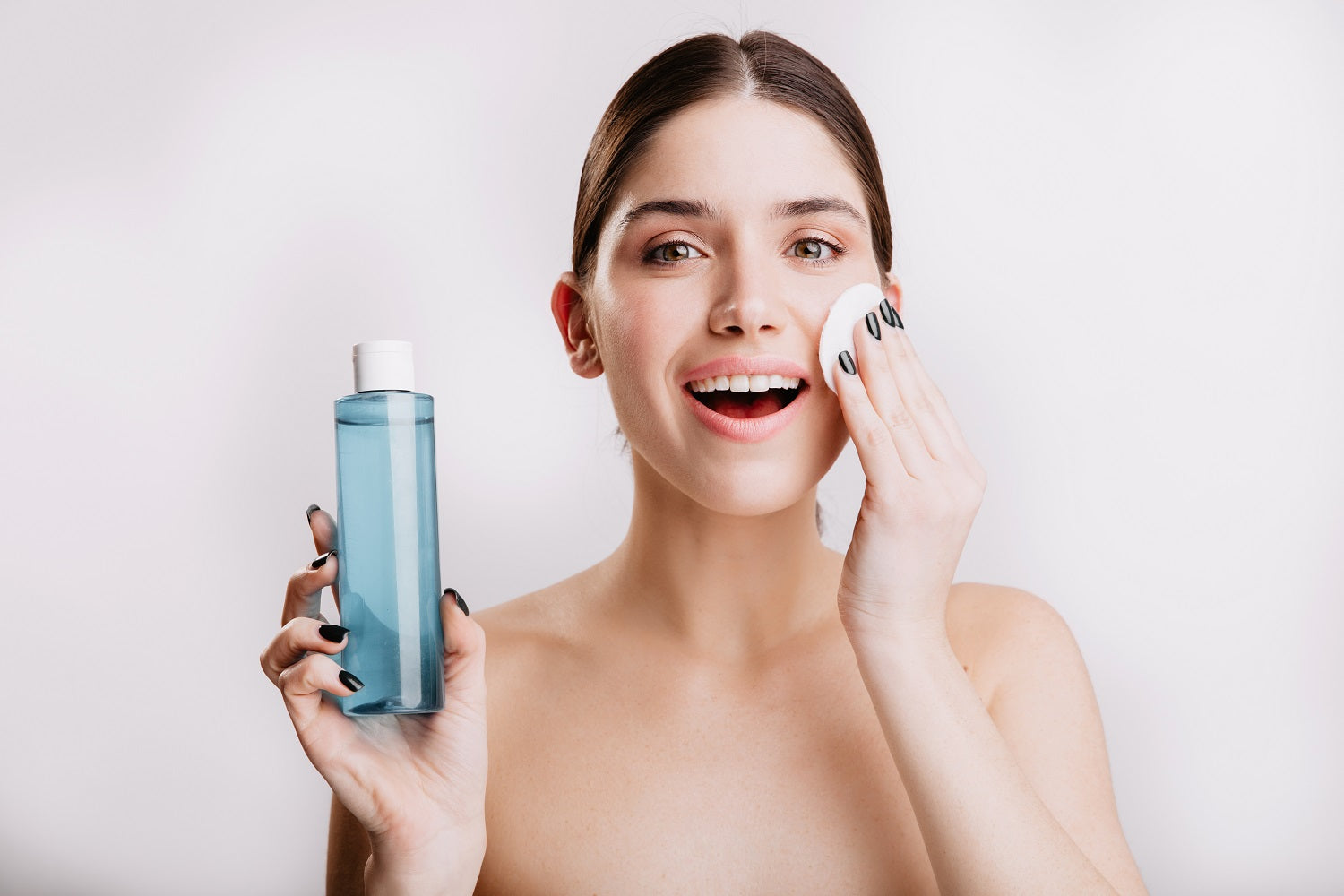Difference Between Surfactant and Non-Sulfate based Skin Care
·

·
Exploring the Difference Between Surfactant and Non-Sulfate based Skin & Hair Care, In the realm of skincare and haircare, the type of products we choose can greatly impact the health and appearance of our skin and hair. One important consideration is the choice between surfactant-based and non-sulfate-based personal care products. Surfactants, or surface-active agents, are compounds responsible for cleansing by reducing the surface tension of water, while non-sulfate alternatives aim to provide a gentler cleansing experience. In this article, we delve into the key differences between these two categories of products, highlighting their effects on skin and hair.
Understanding Surfactants:
 Surfactants are commonly found in shampoos, cleansers, and body washes. They play a crucial role in breaking down oils, dirt, and impurities, allowing them to be washed away. However, some surfactants, particularly sulfate-based ones like Sodium Lauryl Sulfate (SLS) or Sodium laureth Sulphate (SLES ) have garnered attention for potentially causing skin irritation, itching, dryness, and even exacerbating certain skin conditions like eczema, psoriasis etc.
Surfactants are commonly found in shampoos, cleansers, and body washes. They play a crucial role in breaking down oils, dirt, and impurities, allowing them to be washed away. However, some surfactants, particularly sulfate-based ones like Sodium Lauryl Sulfate (SLS) or Sodium laureth Sulphate (SLES ) have garnered attention for potentially causing skin irritation, itching, dryness, and even exacerbating certain skin conditions like eczema, psoriasis etc.Benefits of Non-Sulfate Skincare and Haircare:
Non-sulfate skincare and haircare products have gained popularity due to their gentler approach. These personal care products avoid harsh sulfate compounds as they made with botanical or natural ingredients, focusing instead on milder surfactants or natural alternatives. Here are some benefits:
1. Gentle Cleansing: Non-sulfate personal care products typically use gentler surfactants that maintain the skin and hair's natural moisture balance. This can prevent over-stripping and reduce the likelihood of dryness and irritation.
2. Suitable for Sensitive Skin: Individuals with sensitive skin types or conditions like eczema or rosacea often find non-sulfate skin care products to be less likely to trigger flare-ups or discomfort.
3. Retains Natural Oils: Sulfate-based cleansers can remove not only dirt but also natural oils that are essential for skin and hair health. Non-sulfate alternatives aim to preserve these oils, promoting healthier skin and more manageable hair.
4. Color and Treatment Preservation: Sulfates based products can strip color from dyed hair and reduce the effectiveness of treatments. Non-sulfate options help maintain color vibrancy and the benefits of hair or skin treatments.
5. Environmental Impact: Some non-sulfate products are formulated with biodegradable ingredients, reducing their impact on aquatic life when they enter water systems.
Choosing the Right Products:
 When selecting skincare and haircare products, it's essential to read ingredient labels carefully and understand the surfactants used. Look for products that clearly state they are sulfate-free or non-sulfate. Ingredients like Coco-Betaine, Decyl Glucoside, and Cocamidopropyl Betaine are milder surfactants often used in non-sulfate formulations.
When selecting skincare and haircare products, it's essential to read ingredient labels carefully and understand the surfactants used. Look for products that clearly state they are sulfate-free or non-sulfate. Ingredients like Coco-Betaine, Decyl Glucoside, and Cocamidopropyl Betaine are milder surfactants often used in non-sulfate formulations.Conclusion:
The choice between surfactant-based and non-sulfate-based skincare and haircare products comes down to individual preferences and needs. While surfactants are effective cleansers, non-sulfate alternatives offer a milder approach, particularly beneficial for those with sensitive skin or hair. By understanding the differences between these two categories, consumers can make informed decisions that align with their personal goals for skin and hair health. Always remember to consider your unique skin and hair type when making your selection.

Reviewed By
Dr. Sapna Kangotra
Senior Ayurveda Doctor




Comments